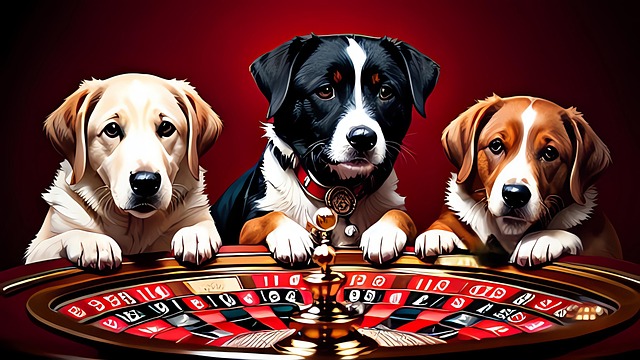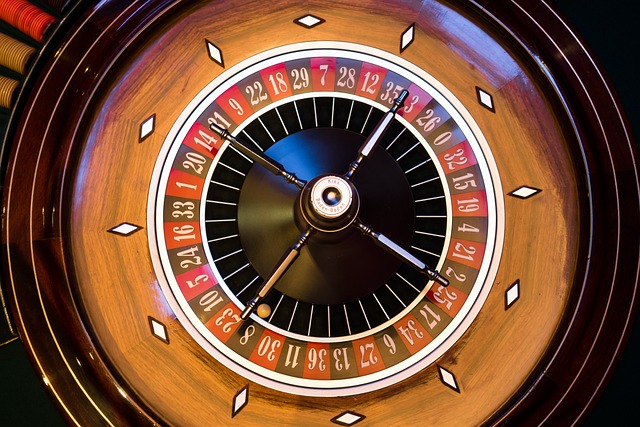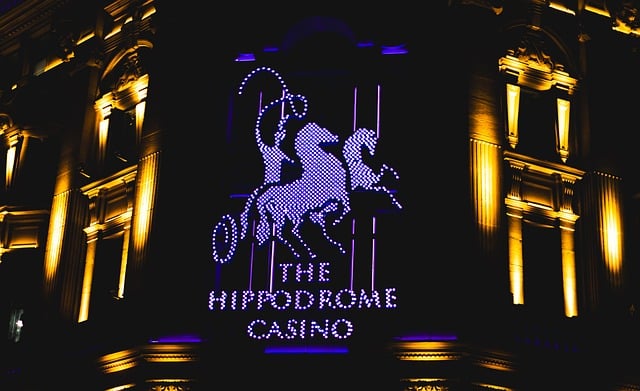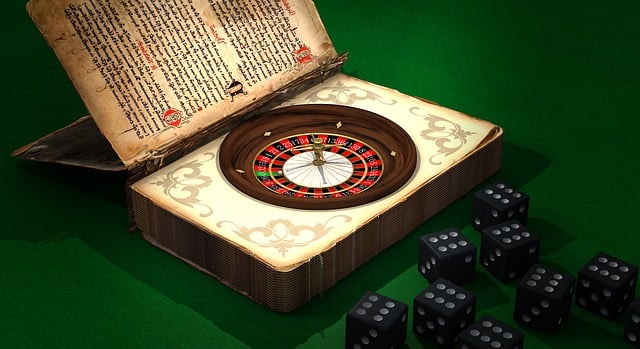Roulette's centuries-old history began in ancient China with primitive bone/stick games, evolving globally via trade routes and gaining traction among European aristocrats in the 17th century. The French refined its design, introducing the iconic numbered wheel with zero, propelling roulette into high society and eventually to vibrant casino scenes across Europe. Modern roulette, featuring structured rules, red/black pockets, and strategic betting systems, has spread globally and evolved to include online platforms with live dealers and advanced graphics. Despite technological advancements, roulette's enduring popularity is cemented by its prominent role in popular culture.
Roulette, a captivating casino game, boasts a rich history spanning centuries. From its mysterious ancient origins to its modern-day global appeal, roulette has evolved significantly. This article takes you on a journey through time, exploring roulette’s ancient roots, its transformation from the Renaissance to today, and the diverse variations that have shaped its enduring popularity. Uncover the game’s impact on popular culture and its continued fascination across the globe.
- Roulette's Ancient Origins and Early Developments
- The Evolution of Roulette from the Renaissance to Modern Times
- Roulette Today: Global Variations and Popular Culture Impact
Roulette's Ancient Origins and Early Developments
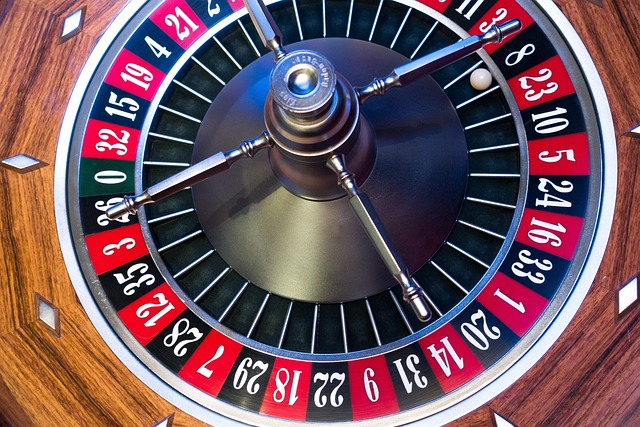
Roulette has a rich history that dates back centuries, with origins that can be traced to ancient civilizations. One of the earliest known forms of roulette emerged in ancient China around the 10th century, where a game resembling roulette was played using bones or sticks as spinning elements. This early version laid the foundation for what would become one of the most popular casino games globally.
The evolution continued with the game migrating to Europe through various trade routes. In the 17th century, French aristocrats embraced roulette, and it became a fixture in the courts of France. The French refined the gameplay, introducing the iconic wheel design with numbered pockets, including zero, which remains a standard feature today. This version of the game spread across Europe, gaining popularity among the upper classes and eventually making its way into the bustling casino scenes of Venice and other European cities.
The Evolution of Roulette from the Renaissance to Modern Times

Roulette, as we know it today, has evolved significantly since its origins in the Renaissance period. Its journey reflects the changing social and cultural dynamics of Europe. In the 17th century, during the Renaissance, roulette began to take shape in Italian courts. Initially, it was a pastime for the elite, played with cards or dice, and lacked the spin of the wheel we associate with modern roulette. This early version set the foundation for what was to come.
The game’s transformation gained momentum as it spread to France. Here, roulette evolved into a more structured game, featuring a numbered wheel and small balls, introducing elements that are now iconic. The French refined the rules and betting systems, making it more accessible and popular among various social classes. This evolution continued with the introduction of the layout we recognize today, complete with pockets colored red and black, and the famous ‘zero’ slot, which added a new layer of strategy for players.
Roulette Today: Global Variations and Popular Culture Impact
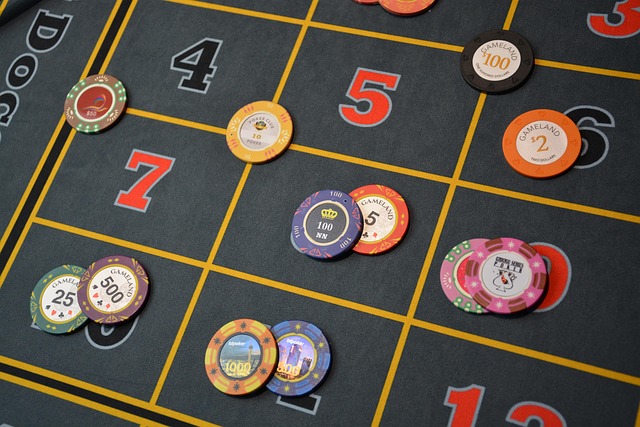
Roulette today is a global phenomenon, with variations that cater to diverse cultural preferences. From the classic French Roulette with its elegant layout and rules that favor strategic play, to the American version known for its double-zero wheel and faster pace, each variant offers a unique twist on the original game. Online platforms have further democratized roulette, allowing players worldwide to access these games from the comfort of their homes, complete with live dealers and enhanced graphics that mimic the atmosphere of land-based casinos.
The impact of roulette on popular culture is undeniable. It has been featured in countless movies, TV shows, and literary works, often portrayed as a glamorous game of chance and high stakes. This cultural influence has contributed to the game’s enduring popularity, with new players drawn by its mystique and the allure of potential life-changing wins. Roulette continues to evolve, embracing technological advancements while preserving its timeless appeal, solidifying its place in the global gaming landscape.
Roulette, with its rich history spanning centuries, has evolved from a simple game of chance in ancient civilizations to a global phenomenon. The journey from Renaissance Europe to modern-day casino floors showcases the game’s resilience and universal appeal. Today, roulette continues to captivate players worldwide, with various regional variations and its presence in popular culture, solidifying its status as one of the most iconic and enduring casino games.

